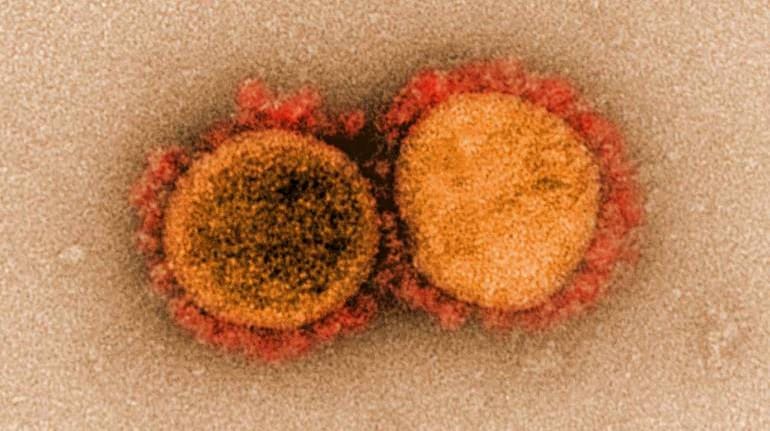



A new, mutated variant of coronavirus has been discovered in the UK, raising questions and apprehensions about its spread and nature, and more importantly its impact on the vaccination drive.
British scientists are now trying to establish whether the rapid spread in southern England of the new variant of the coronavirus that causes COVID-19 is linked to key mutations they have detected in the strain.
The key question being asked, however, is what this strain means for the vaccines which are currently being approved and administered in the UK and the US, where the vaccination process has started for frontline healthcare workers and vulnerable population.
Read: USFDA panel recommends emergency use of Moderna COVID-19 vaccine
What does this mutation mean?
The mutations include changes to the important "spike" protein that the SARS-CoV-2 coronavirus uses to infect human cells, a group of scientists tracking the genetics of the virus said, but it is not yet clear whether these are making it more infectious.
"Efforts are under way to confirm whether or not any of these mutations are contributing to increased transmission," the scientists, from the COVID-19 Genomics UK (COG-UK) Consortium, said in a statement, news agency Reuters reported.
Does this mean that the virus could spread more easily?
In theory, yes. According to the scientists in the UK, the new variant, which they have named "VUI - 202012/01" includes a genetic mutation in the "spike" protein, which could make it spread more easily.
The British government said a rise in new infections may be partly linked to the new variant, and it moved its capital city and many other areas into the highest tier of COVID-19 restrictions.
Read: WHO says authorities investigating new COVID-19 variant in England
And what about the nature of the disease? Would the new variant cause more severe infection? And what does it mean for the vaccines?
Scientists have said there is currently no evidence that the variant is more likely to cause severe COVID-19 infection.
Moreover, they have also said the new variant does not, at this point, mean that it would render vaccines less effective.
"Both questions require further studies performed at pace," the scientists said.
Has this mutated strain been detected in India?
According to a report by The Indian Express, doctors in India have not seen the strain here.
"But we are watching out for mutations as they are constantly happening. For the moment, it is not something to be worried about and is restricted to a few countries," Dr Rakesh Mishra, Director, CISR-Centre for Cellular and Molecular Biology (CCMB), Hyderabad, told the newspaper.
--With inputs from Reuters
Discover the latest Business News, Sensex, and Nifty updates. Obtain Personal Finance insights, tax queries, and expert opinions on Moneycontrol or download the Moneycontrol App to stay updated!